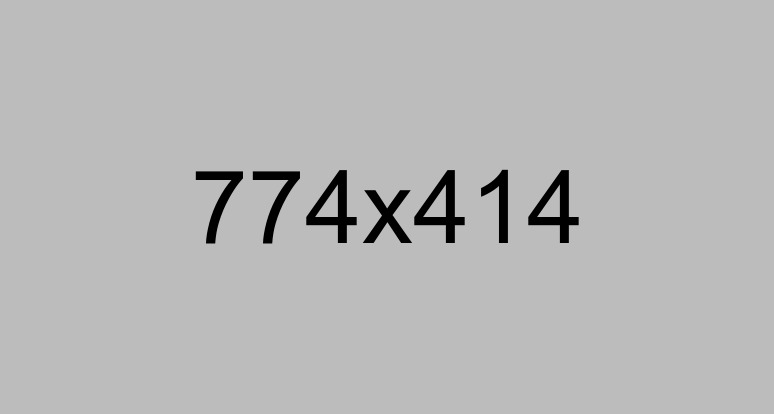Very Short Answer Questions - 1 Mark
Q1. What is meant by symptoms of a disease?
Ans. The conditions in which a sick person experience headache, watering of eyes, loose motions, are collectively called the symptoms of a disease.
Q2. Define reservoir.
Ans. A reservoir is defined as any person, animal, arthropod, plant, soil or substance in which an infectious agent lives and multiplies for its primary survival.
Q3. What is a source of infection?
Ans. Person, animal, object or substance from which an infectious agent passes or is disseminated to the host is known as the source of infection.
Q4. How can we diagnose a disease?
Ans. By laboratory tests.
Q5. What is community health?
Ans. It is the personal health along with the environmental services for the importance of health of the community.
Q6. What does WHO stand for?
Ans. World Health Organisation.
Q7. How can dehydration of the body be prevented?
Ans. Dehydration can be prevented by intake of ORS (Oral Rehydration Solution.)
Q8. How does WHO define health?
Ans. WHO defines health as a state of complete physical, mental and social well-being and not merely an absence of disease or infirmity.
Q9. Classify diseases on the basis of their time of occurrence.
Ans. Congenital diseases and acquired diseases.
Q10. What are congenital diseases?
Ans. The diseases which are present from the time of birth and are hereditary are called congenital diseases.
Q11. Write the name of a disease that spreads through direct contact.
Ans. Leprosy
Q12. why is rabies also called as hydrophobia?
Ans. Rabies is also called as hydrophobia because its main symptom is fear of water.
Q13. Name the disease-causing microbe that lives and remains active inside the host cell.
Ans. Virus
Q14. Against what disease BCG vaccine is given?
Ans. Tuberculosis
Q15. What are vectors?
Ans. The organisms that act as intermediaries and carry the infectious agents from a sick person to a potential host are called vectors.
Q16. Name the vector of malaria.
Ans. Female Anopheles mosquito.
Q17. What do you mean by immune system?
Ans. The system in our body which protects us from the various disease-causing agents is called immune system.
Q18. Expand AIDS.
Ans. Acquired Immuno Deficiency Syndrome
Q19. Expand HIV.
Ans. Human Immunodeficiency Virus.
Q20. What is the incubation period of hepatitis B?
Ans. 45 to 185 days
Q21. How can AIDS be transmitted?
Ans. AIDS can be transmitted through sexual intercourse, use of contaminated syringes as well as by transfusion of contaminated blood.
Q22. When is World AIDS Day observed?
Ans. On 1st December
Q23. What is immunity?
Ans. Immunity is the ability of the body to defend against a disease.
Q24. Deficiency of which vitamin causes xerophthalmia.
Ans. Vitamin A
Q25. Expand OPV.
Ans. Oral Polio Virus vaccine
Q26. Give the name of two diseases which result from protein malnutrition.
Ans. Kwashiorkor and marasmus
Q27. What is the cause of the disease beri-beri?
Ans. Deficiency of water-soluble vitamin B1 (thiamine) causes beri-beri.
Q28. Give the full form of PEM
Ans. Protein Energy Malnutrition
Q29. What is the function of haemoglobin?
Ans. Transport of oxygen from lungs to all cells of the body through blood.
Q30. Name the mineral present in haemoglobin.
Ans. Iron
Q31. Name the fat-soluble vitamins.
Ans. Vitamin A, D, E and K are fat soluble.
Q32. Name the disease caused by the deficiency of iodine.
Ans. Goitre
Q33. While going abroad why is it essential to get vaccinated against certain diseases?
Ans. A person may be a carrier of a disease, such a person can carry the disease to a foreign country. To avoid this the person is vaccinated.
Q34. What is the method of transmission of the disease cholera?
Ans. Contaminated water
Q35. Which vitamin is formed by the body with the help of sunlight?
Ans. Vitamin D
Q36. Name the disease caused by the deficiency of vitamin D.
Ans. Rickets
Q37. Name the disease which causes swollen and bleeding gums.
Ans. Scurvy
Q38. What is the name of the disease that occurs in people who eat polished rice everyday?
Ans. Beri-beri
Q39. should not vegetables and pulses be washed repeatedly for a long time?
Ans. Repeated washing of vegetables and pulses results in depletion of vitamin C which is a water-soluble vitamin.
Q40. What is an antibiotic? Give two examples.
Ans. Antibiotic is a chemical substance secreted by microorganisms which can kill bacteria. For example, penicillin and streptomycin.
Q41. Name any two groups of microorganisms from which antibiotics could be extracted.
Ans. Bacteria and fungi
Q42. Who discovered 'vaccine' for the first time? Name two diseases which can be prevented by using vaccines.
Ans. Edward Jenner discovered vaccine for the first time. Small pox and polio can be prevented by using vaccines.

